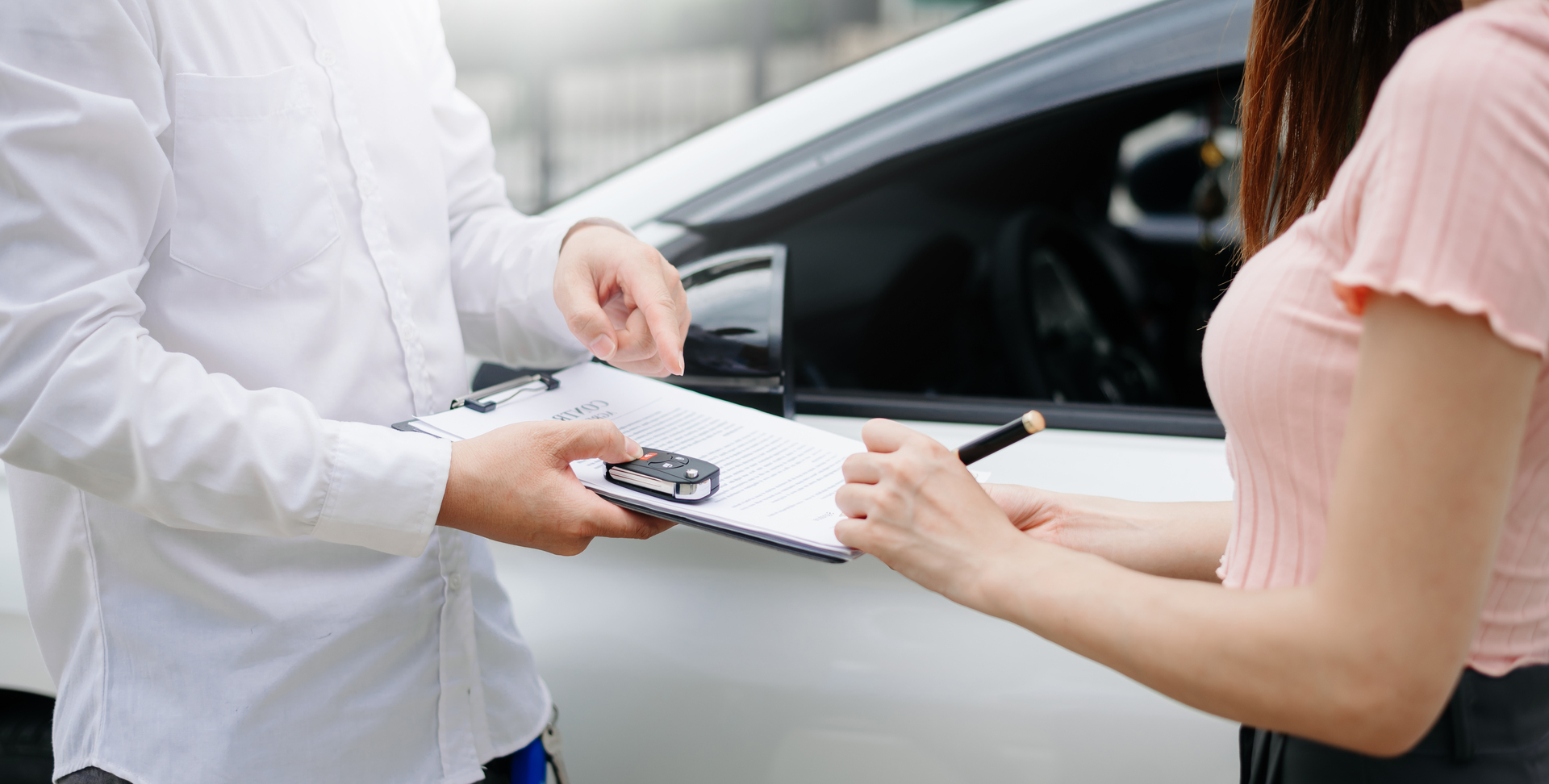
Looking to buy a secondhand car? Whether you’re a seasoned buyer or a first-timer, it can be overwhelming. With so many top-notch used cars, finding the perfect one requires time and effort.
To help you through the process, we’ve compiled a comprehensive guide with eight important things to remember before purchasing. From understanding your finances to trusting the experts, we cover everything you need to know. By the end of this guide, you’ll be well-prepared to make an informed decision and become the proud owner of your dream car. Buckle up, and let’s get started!
Understanding Your Finances
It’s important to understand your finances before purchasing a new car. First, do your research and compare used car prices in your area. This will help you negotiate a fair price and ensure you don’t overpay or get scammed.
Remember that you can’t always be cheap when purchasing a car, as it’s an investment in your daily life. If you need help financing, options such as affordable used cars or in-house financing car dealers are available.
If you want to feel more secure about your purchase, you might want to consider purchasing an Acura Certified Pre-Owned car.
Do Your Research
It’s important to do your homework when looking for a secondhand car. With so many options, it can be overwhelming, but don’t worry – you’ve got this! Start by gathering as much information as possible about the specific make and model you’re interested in.
Make sure to review the vehicle’s history, maintenance records, and any other potential warning signs to avoid any unexpected issues in the future.
And don’t forget to compare prices from different sellers and dealerships to ensure you get a sweet deal. Talk to experts or check out online forums and communities if you need extra guidance. With a little effort, you’ll be able to make a smart choice and find the perfect car that fits your needs and budget.
Assess the Car’s Overall Condition
Start by popping the hood and checking out the engine for any leaks or damage that could mean potential problems down the line. Then, inspect the upholstery for any tears, stains, or funky smells that might lead to pricey repairs.
Remember to watch for rust or paint damage; these could be red flags for hidden issues. And, of course, it’s crucial to check out the tires and ensure they’re in good shape with plenty of treads and no cracks or bulges.
Please take a few minutes to test the interior electronics and ensure everything works.
And if you can, ask for any service records to understand better the car’s history and how well it’s been cared for. Remember that regular maintenance is key to keeping any car running smoothly, so it’s worth considering whether the previous owner kept up with his periodic car maintenance.
How Far It’s Been
The number of miles on the clock can give you a good idea of the car’s overall condition. As a vehicle racks up more miles on the odometer, it increasingly requires replacing certain components in the future due to natural wear and tear caused by exposure to various environmental factors and driving conditions.
However, it’s important to remember that the importance of mileage can vary depending on the car’s make, model, and maintenance history.
So, what is good mileage for a used car? A good rule of thumb is to look for a used car with an average of 12,000 to 15,000 miles per year.
But it’s not just about the numbers – you should also consider how the car has been driven and looked after. A car that’s been well taken care of with high mileage may still have plenty of life left in it, while a car with low mileage but a history of poor maintenance could be hiding all kinds of issues.
Checking for Insurance and Warranty
Checking a secondhand car to see if it still has a warranty and insurance is something you should take note of.
You want peace of mind and protection in case anything unexpected happens. Some used cars may still have the original manufacturer’s warranty, while others may have an additional warranty from the dealership or a third-party company.
It’s also important to verify the insurance coverage to ensure you’re protected in case of any accidents or damage. Do your research and review any warranties or insurance policies before deciding. That way, you’ll be well-informed and avoid any surprises!
Trusting the Experts
Trusting the experts can make all the difference when buying a secondhand car. A mechanic or pre-purchase inspection is a wise investment and can provide valuable insight into the vehicle’s overall condition.
These inspections are typically conducted by certified professionals who evaluate the car’s body, mechanical components, and safety features. They can uncover issues that are not immediately visible and provide an unbiased opinion about the car’s value. A mechanic inspection can also give you the confidence to negotiate a fair price and avoid costly surprises.
It may be tempting to rely solely on your intuition when buying a secondhand car, but utilizing the expertise of professionals can ultimately save you time and money.
So, let the experts do what they do best and take advantage of a mechanic inspection or pre-purchase inspection when buying your next secondhand car.
Taking It for a Spin
If you’re already considering buying the car, take it for a test drive! After all, you want to ensure that the car serves your purposes and requirements as best as possible, and there’s no better way to do that than by getting behind the wheel and taking the car for a spin. Not only does a test drive allow you to get a feel for the car’s handling, performance, and general condition, but it also allows you to feel the connection between you and the car.
It’s really important to take a test drive before buying a car. It’s the best way to figure out if the car is a good fit for you and your needs.
Making It Official
So, you decided to buy the car. One of the key aspects of making it official is ensuring a smooth transfer of ownership and obtaining the car title. This document proves that you are the vehicle’s rightful owner and is also essential for legal purposes and future transactions.
It’s important to thoroughly review the car title to ensure that it is clear of any liens or burdens that could affect your ownership rights.
Additionally, understanding the owner’s disposition is vital. Are they the original owner or a dealer? Have they properly maintained and cared for the car? By clarifying these details, you can gain valuable insights into the car’s history and current condition.
Making it official is the final step in securing peace of mind and guaranteeing a smooth ownership transition.
Final Thoughts
In conclusion, purchasing a secondhand car can be an excellent way to save money while still getting a reliable vehicle that meets your needs. However, it’s essential to understand your finances, research, assess the car’s overall condition, check for insurance and warranty, trust the experts, take it for a spin, and make it official.
These steps can help you avoid costly mistakes and ensure that you end up with a car you can enjoy for years. Remember to take your time, ask questions, and don’t be afraid to walk away if something doesn’t feel right. With a little effort, you can find the perfect secondhand car and confidently hit the road.
Start your hunt at Criswell Acura. Visit or call us today for more information about our used cars and certified pre-owned vehicles!



